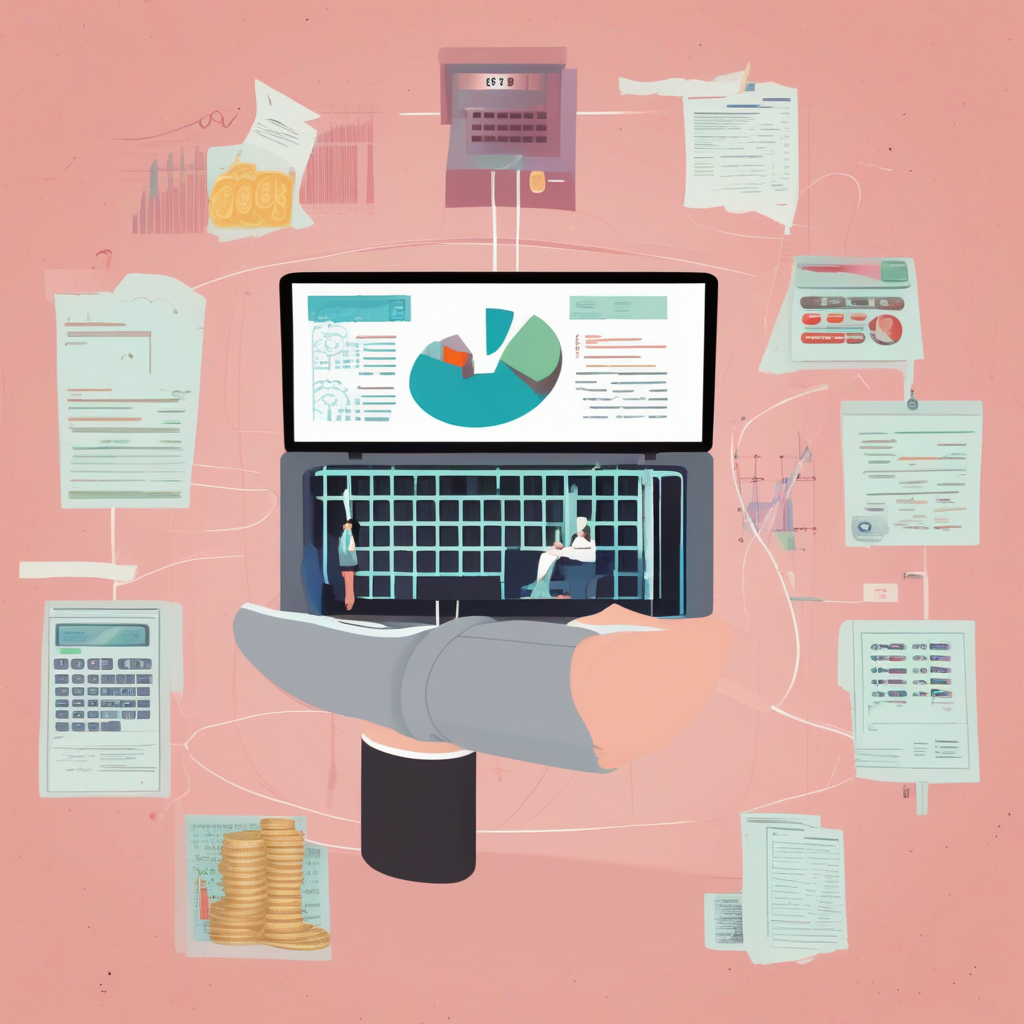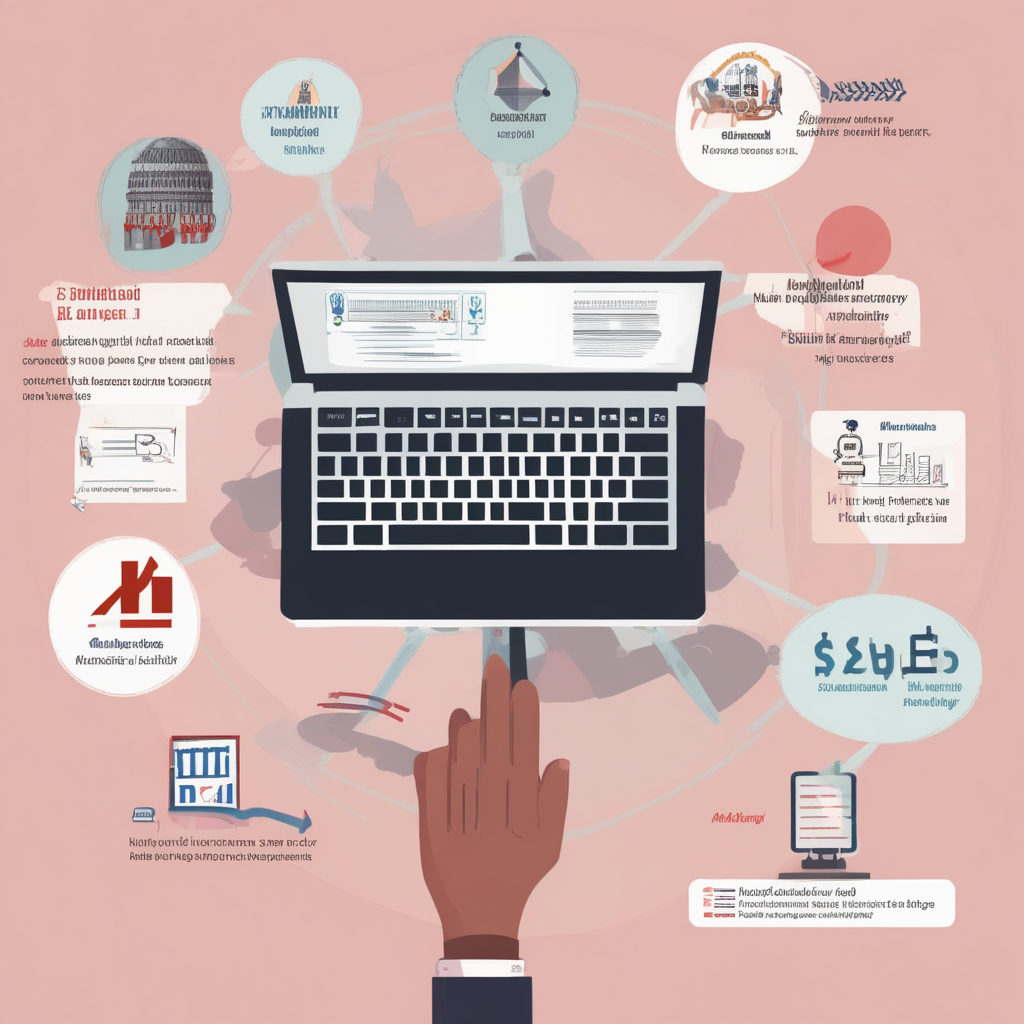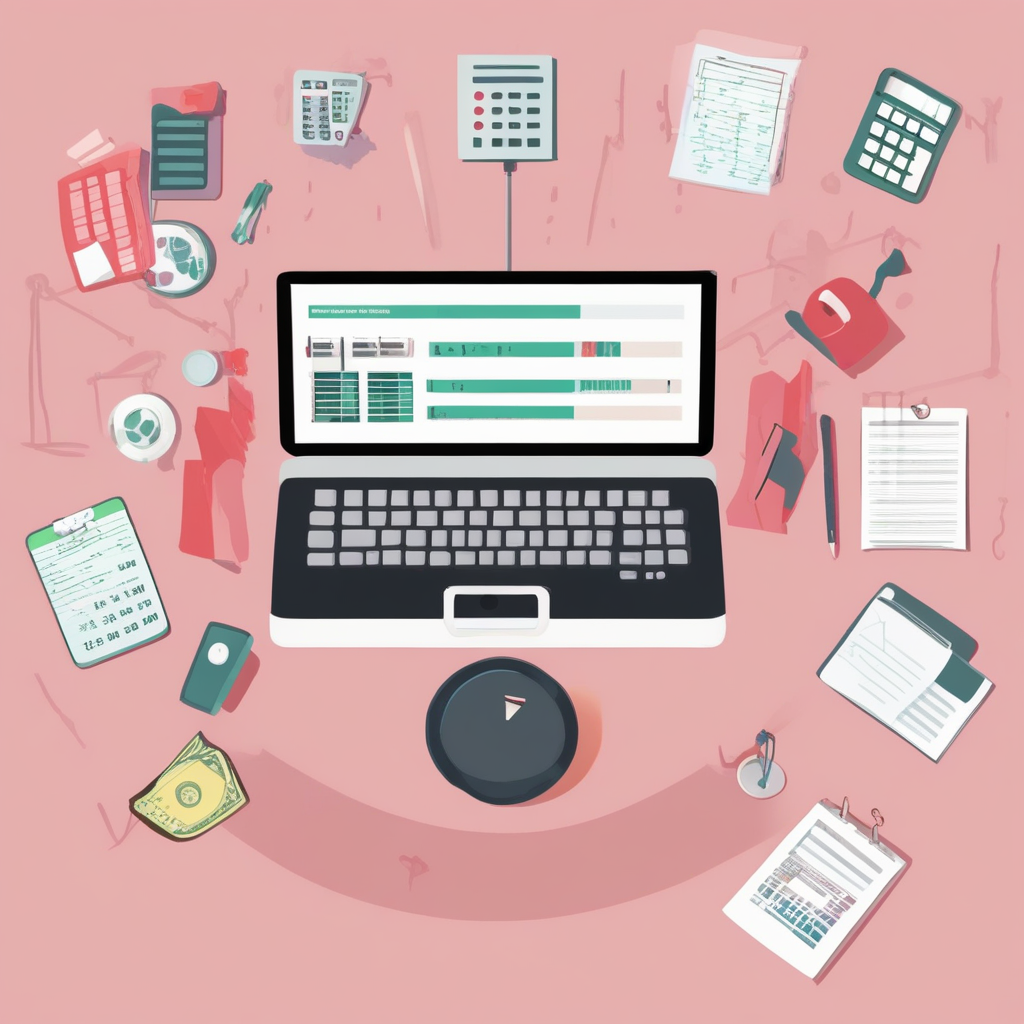Introduction
Hey there! Have you ever wondered how our government makes sure it uses money wisely? It’s a bit like how we manage our piggy banks.
Just like we need to count our coins and save for things we really want, the government needs to manage its money carefully too. This process is called financial accountability. It helps ensure that every penny is spent in the best way possible.
In this article, we’re going to explore what financial accountability is, why it’s important, and how it works in government. We’ll also learn some cool facts and answer common questions. So, let’s dive in!
What is Financial Accountability?
Financial accountability is like a promise that the government makes to use money wisely. Imagine you have a lemonade stand. You would want to know where every dollar goes and if you’re making a profit. The government does something similar but on a much bigger scale.
They need to track how they spend money, make sure it’s used for good causes, and report back to everyone. This way, they can keep things fair and transparent.
Why is Financial Accountability Important?

- Trust: It helps people trust the government because they know their money is being used properly.
- Efficiency: It makes sure the money is spent wisely and not wasted.
- Fairness: It ensures that everyone gets their fair share of services and benefits.
Key Features of Financial Accountability
Let’s look at some of the important features of financial accountability. This will help you understand how it works in more detail.
| Feature | Description |
|---|---|
| Budget Planning | Governments create detailed plans for how they will spend money. |
| Record Keeping | They keep track of every dollar spent and received. |
| Audits | Independent checks are done to ensure everything is correct. |
| Transparency | Information about spending is shared with the public. |
| Reporting | Regular updates are given to show how money is used. |
| Regulations | Rules are followed to make sure spending is fair and legal. |
| Accountability Measures | Systems to correct mistakes and ensure responsible spending. |
| Public Involvement | Citizens can ask questions and get answers about spending. |
How Financial Accountability Works

Budget Planning
When the government starts a new year, they plan how they will spend the money. This is called budgeting. Just like you decide how much to spend on toys, the government decides how much to spend on things like schools, roads, and hospitals.
Record Keeping
Every time the government spends money, they write it down. This helps them keep track of where the money goes. Imagine if you had a notebook where you write down every time you spend or save money. That’s what the government does!
Audits
To make sure everything is correct, auditors check the records. They are like the referees in a game, making sure the rules are followed. If they find mistakes, they help fix them.
Transparency
The government shares information about how they spend money. This way, everyone can see how the money is used and make sure it’s spent wisely. It’s like showing your friends your lemonade stand’s earnings to be honest about your profits.
Reporting
Regular reports are made to show how the money is used. This helps people understand if the government is sticking to its plans. It’s like giving a report card on how well the money is managed.
Regulations
Rules are set to make sure that the government spends money in a fair and legal way. These rules help prevent any misuse or waste of funds.
Accountability Measures

If something goes wrong, there are systems in place to correct it. This ensures that mistakes are fixed and spending stays on track. It’s like having a plan to handle any issues that come up with your piggy bank.
Public Involvement
Citizens can ask questions and get answers about how money is spent. This involvement helps keep the government accountable and ensures that spending decisions are fair and well-explained.
FAQs
1. What happens if the government doesn’t follow financial accountability rules?
If the government doesn’t follow the rules, it can lead to mistakes, waste of money, and loss of trust. There are systems in place to correct these issues and ensure proper management of funds.
2. How often does the government report on its spending?
The government usually reports on its spending regularly, often annually or quarterly. This helps keep everyone informed about how money is being used.
3. Who checks if the government is spending money correctly?
Auditors, who are independent and not part of the government, check if the money is being spent correctly. They review records and ensure everything is in order.
4. Can citizens see how the government spends money?
Yes, the government shares information about its spending with the public. This transparency helps everyone see how money is being used and ensures accountability.
5. Why is it important for the government to be financially accountable?
Financial accountability is important because it helps build trust, ensures money is spent wisely, and makes sure everyone gets their fair share of services and benefits.
Conclusion
So there you have it! Financial accountability is a big deal because it helps the government use money wisely and keep things fair. Just like you manage your piggy bank to save and spend wisely, the government needs to manage its money carefully too.
Understanding how it works helps us all feel confident that our money is being used in the best way possible. Remember, keeping track of spending, being transparent, and following rules are all part of making sure everything runs smoothly.
Thanks for joining me on this journey into the world of financial accountability! Now you know how important it is for our government to manage money wisely and keep us informed. Keep asking questions and learning—because understanding these things helps us all make the world a better place!

